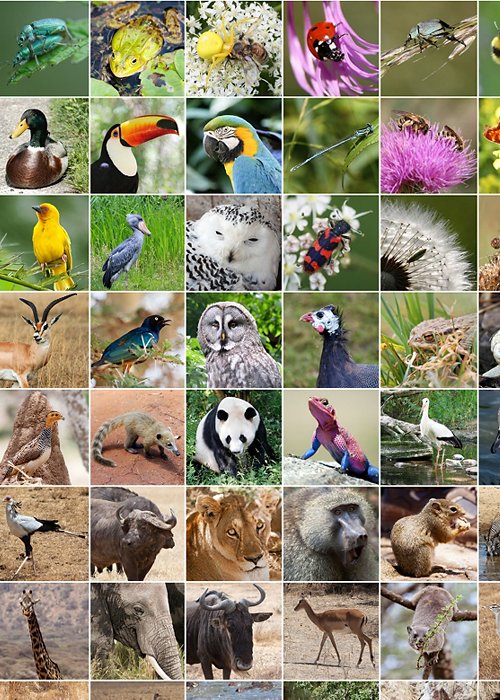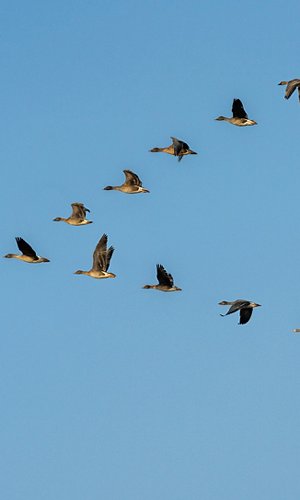The International Day for Biological Diversity (IDB), proclaimed by the United Nations in 1993 to mark the entry into force of the Convention on Biological Diversity (CBD) signed in Nairobi, is held each year on 22 May. For several decades now, experts have shown that biological diversity is an essential resource for the planet and an extraordinary wealth for local economies. To date, 1,700,000 living species including animals, plants and micro-organisms belonging to the various kingdoms have been described, but experts speculate that there may be as many as 13,000,000. A large proportion of species may be hidden in the oceans, which from the point of view of biodiversity are a veritable treasure trove still largely unknown.
For International Day for Biological Diversity 2023, the theme chosen by the CBD Secretariat is "From Agreement to Action: Build Back Biodiversity", which stresses the need to implement what was agreed last December with the historic 'Kunming-Montreal Global Biodiversity Framework 2021-2030'. The aim is, in particular, to stimulate practical thought on possible future scenarios using the concept of 'building back'. It is not enough to safeguard and protect the natural heritage of ecosystems, we must also strive to regenerate damaged or threatened environments.
The most ambitious goal contained in the Kunming-Montreal Global Biodiversity Framework (GBF) is to halt the decline of biodiversity and lay the foundations for a sustainable future. The agreement includes a series of targets concerning the conservation of ecosystems, protection of species, sustainable use of natural resources, restoration of degraded habitats and promotion of international cooperation to address the biodiversity crisis.
International Day for the Biological Diversity 2023 invites profound reflection on what needs to be done to protect this invaluable resource. From adopting sustainable practices in everyday life, such as reducing the use of single-use plastic and promoting organic farming, to supporting and preserving wilderness areas, and promoting scientific research, the only tool we have to better understand the importance of biological diversity.




